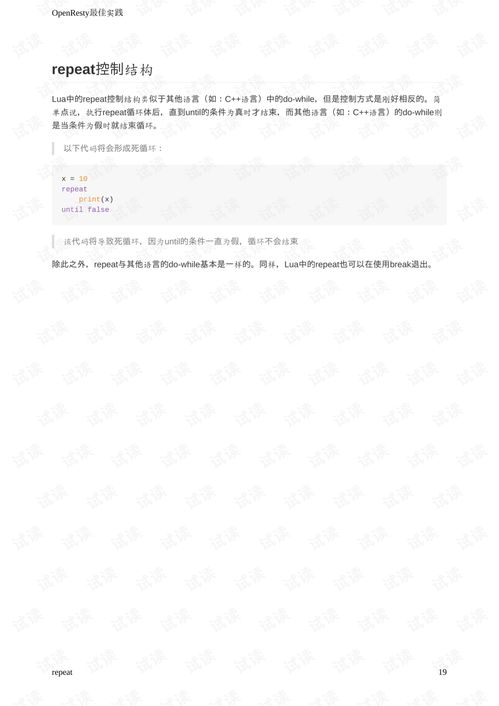Certainly! The term "practices" can refer to methods, habits, or protocols applied across various fields. Below is an organized breakdown of common categories, along with explanations and examples:

1. Business Practices
Strategies and ethics guiding organizations.
Best Practices: Industry-standard methods (e.g., SWOT *ysis, customer feedback loops).
Ethical Practices: Anti-corruption policies, fair labor standards.
Remote Work Practices: Hybrid schedules, digital collaboration tools (e.g., Slack, Zoom).
2. Software Development Practices
Methodologies to improve coding and collaboration.
Agile/Scrum: Iterative development, sprint planning.
DevOps: CI/CD pipelines, infrastructure as code (e.g., Kubernetes).
Code Reviews: Peer feedback to maintain quality.
3. Healthcare Practices
Standards for patient care and safety.
Evidence-Based Medicine: Treatments validated by research.
Infection Control: Sterilization, hand hygiene.
Telemedicine: Remote consultations and monitoring.
4. Educational Practices
Teaching and learning strategies.
Active Learning: Group projects, case studies.
Inclusive Education: Differentiated instruction, accessibility tools.
Blended Learning: Mix of online and in-person classes.
5. Environmental Sustainability Practices
Reducing ecological impact.
Circular Economy: Recycling, upcycling.
Renewable Energy: Solar/wind adoption, carbon footprint tracking.
Sustainable Agriculture: Crop rotation, organic farming.
6. Personal Development Practices
Habits for self-improvement.
Mindfulness: Meditation, gratitude journaling.
Skill Development: Online courses, language learning.
Fitness Routines: Regular exercise, balanced nutrition.
7. Manufacturing Practices
Efficiency and safety in production.
Lean Manufacturing: Waste reduction (e.g., Toyota Production System).
Six Sigma: Quality control via data *ysis.
Predictive Maintenance: IoT sensors for equipment monitoring.
8. Financial Practices
Managing money responsibly.
Budgeting: Tracking income/expenses (e.g., 50/30/20 rule).
ESG Investing: Prioritizing environmental/social governance.
Retirement Planning: 401(k) contributions, diversified portfolios.
9. Legal Practices
Ethical and procedural standards in law.
Client Confidentiality: Securing sensitive information.
Pro Bono Work: Free legal services for underserved groups.
Compliance: Adhering to regulations (e.g., GDPR, HIPAA).
10. Cultural Practices
Traditions and social norms.
Rituals: Religious ceremonies, festivals (e.g., Diwali, Ramadan).
Social Norms: Greeting customs, dining etiquette.
Artistic Expression: Traditional dance, music, or crafts.
Let me know if you'd like deeper insights into any specific category!


